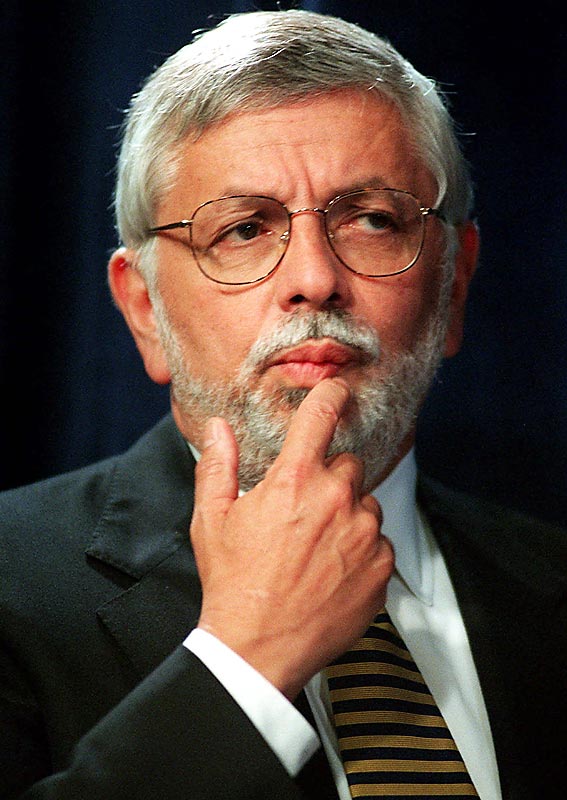#HRevolution and the Connected World
First, a quick shout-out and thanks to all the attendees, session leaders, and supporters of the HRevolution - Las Vegas event that was held yesterday at the Mandalay Bay Resort - thanks so much for everything!
This was our fourth HRevolution event, and while they all have had distinct characteristics and vibes, there have been some common themes that have been consistently exposed over the course of the series. Connection, interaction, shared passion about the future of not only Human Resources, but about the design of work itself. Sure, at times these kinds of big, hairy, and theoretical discussions might not seem to have direct and instant payoff back in our day jobs, but participate in enough intense discussions with a group of really smart, talented, and engaged people, and hopefully themes and concepts emerge that actually can be distilled into actionable strategy and near-term benefit.
In yesterday's event, the big theme I picked up on was connection - not just that simple and kind of obvious realization that technologies, (internet, mobile, tablet), have and will continue to inexorably change the way we work, socialize, learn, play, find, and stay connected to each other, our employees, our customers, and our communities - but rather the more significant implications the connected world will have on the next generation, my kids, your kids, their kids - you know what I mean.
From simple things like your 8 year old having to teach you how QR codes work to more complex and possibly important implications of how the fundamental organization of the corporation, workplaces, and even societal changes are being effected by the current and next generation of 'connective' technologies - these are among the most interesting and important questions of our times.
From the opening session of HRevolution, where Joel Cheesman talked about the sheer vastness of mobile connectivity, and some of the implications this has for organizations, to Jim Buttimer from Glassdoor sharing some incredible examples of crowd-sources intelligence, to the Daniel Crosby and Colleen Sutherland 'Change Leadership' session where the power of making connections around a shared goal can lead to amazing and unexpected results - the theme of 'connection' was the primary feeling for the day.
How this all plays out going forward certainly remains to be seen - but one thing is for sure, the connected world looks and works nothing like the world most of us grew up in.
At the HR Technology Conference on Wednesday morning at 9:00AM HRevolution co-founder Trish McFarlane and I will facilitate an 'HRevolution-style' session about these ideas. Our working title for the session is 'Your Kid Will Never Work in an Office', a take on how the connected world of work in the future might look for the kids in elementary school today. While no one has a crystal ball or some kind of clairvoyance to see clearly into the future, most of us want to be sure our schools, societies, organizations, and families will be best prepared to take on the challenges and opportunities this connected future will bring.
If you are at the HR Technology Conference on Wednesday, we hope you will come to the session and share your ideas as well.

 Steve
Steve


